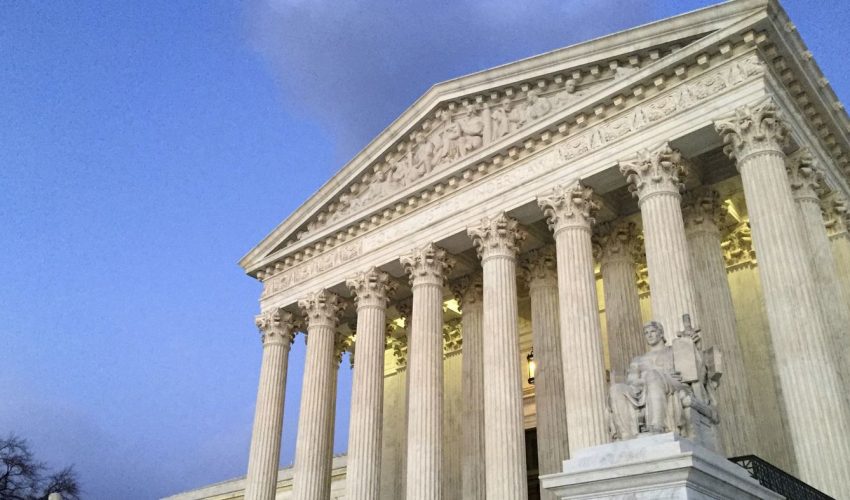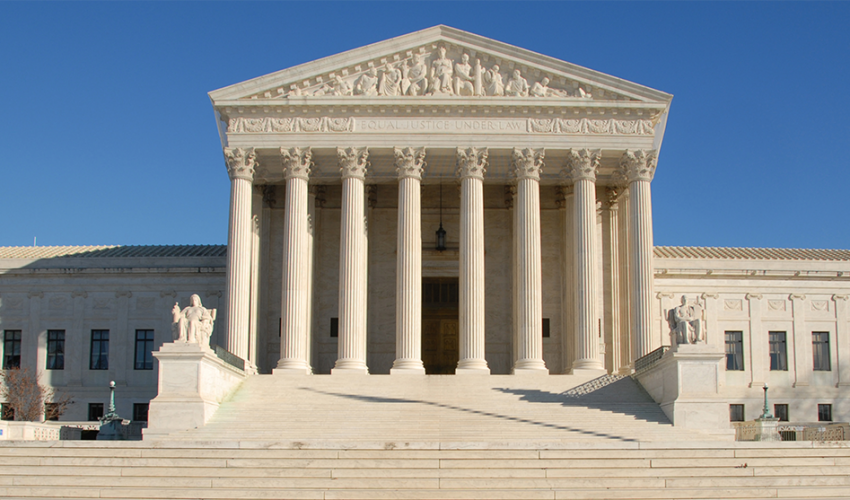In the ongoing American saga of workers, unions, and government, the Supreme Court reversed a four-decade-old opinion which puts the power of choice back in the hands of the individual citizen.
The process started with a new case brought by Mark Janus, a child support specialist who works for the state of Illinois. Janus sued his union, stating he did not agree with their positions and therefore should not be forced to pay their union fees.
Utah joined 18 other states in support of Janus and urged the court to overturn the 1977 decision in order to protect the First Amendment rights of the individual. You can read our brief here.
The Supreme Court overturned their 1977 decision which stated that while it was illegal for unions to force members to pay for their political activities, it was fair to collect fees for collective bargaining and administrative fees.
In this year’s case? The worker won.
The Supreme Court’s new ruling strikes down an Illinois law requiring union non-members to pay fees for the collective bargaining process, matters affecting wages and contracts, as well as negotiating conditions and hours of employment. The Court stated the distinction in the 1977 case between a union’s political spending and other activities is unsustainable and unworkable. It has led to practical problems and is inconsistent with other First Amendment cases protecting free speech.
Find more on the SCOTUSblog.
You’ll remember that Utah had a local version of this issue many years ago (here and here), which also went to the U.S. Supreme Court. The State of Utah led seven other states saying then, as it did in Janus, that an individual’s free speech rights were at stake. In case you’re interested, here is a copy of our 2009 brief (PDF).
All of this paints an interesting backdrop for today’s discussion about the White House and federal employee unions.
Thanks for paying attention.
Photo by Sebastian Pichler



